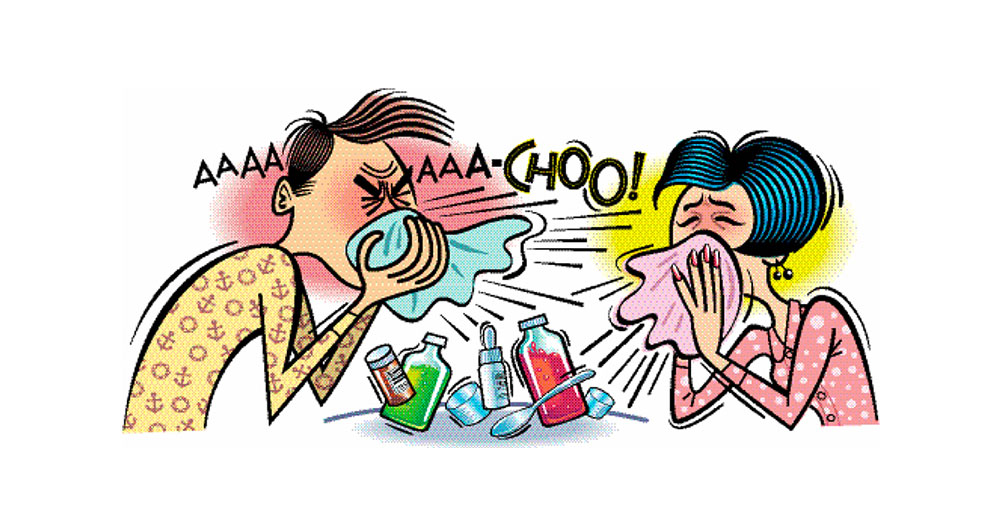 Every winter the signs go up in hospitals stopping anyone 12 or younger from visiting patients and often limiting visitors to two at a time in hospital rooms. These restrictions are a two-way protection – for both visitors and patients, explained Kristy Teixeira, RN, an infection preventionist at Community Regional Medical Center.
Every winter the signs go up in hospitals stopping anyone 12 or younger from visiting patients and often limiting visitors to two at a time in hospital rooms. These restrictions are a two-way protection – for both visitors and patients, explained Kristy Teixeira, RN, an infection preventionist at Community Regional Medical Center.“It goes both ways,” she said. “Patients are more vulnerable to getting sick, but children are also particularly vulnerable to getting sick.
“The reason we restrict children especially,” Teixeira added, “is their immune system is not fully formed and often they haven’t finished all their immunizations yet. Plus children tend to be exposed to more people when they’re in school and they have a greater chance of being sick. And they can be sick before they show symptoms.”
Why are there restrictions on visitors during the flu season?
- The flu is easily transmitted from person-to-person through coughing and sneezing or by touching contaminated surfaces.
- Adults can infect others up to 7 days after flu symptoms start.
- Children can pass the virus on even longer than 7 days after symptoms start. And often they are unable to alert people when their symptoms start.
- Patients in the hospital are more at risk for catching the flu since they are already in a weakened state. They’re also at greater risk of having serious complications from the flu.
What can you do to prevent the flu?
- Get vaccinated against the flu. Vaccinations vary from year to year depending on the strains predicted to be circulating. Getting a shot every year helps your immune system recognize different flu strains as you are exposed to them.
- Wash your hands often with soap and warm water or an alcohol gel.
- Keep your hands away from your eyes, nose, and mouth.
- Avoid sharing things like drinking glasses, towels and a phone with someone who has the flu.
- Stay healthy by getting enough sleep, eating healthy foods and being active every day.
- If you get the flu, please stay home so you won’t infect others. And ask your doctor right away for medication to help lessen and shorten symptoms.
“We’re in full flu season flow right now,” Teixeira said. “We get new flu cases every week. This year we had an earlier start to flu season than previous seasons, but the flu we’re seeing is pretty standard. There’s no new novel strains to deal with.”
Last year’s flu season was one of the deadliest in four decades.






